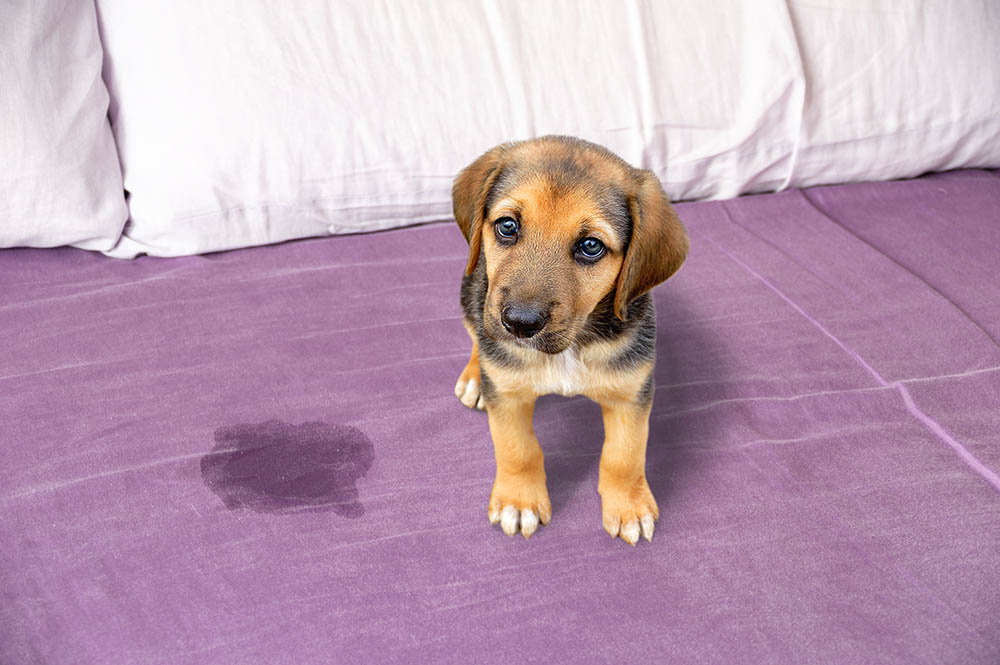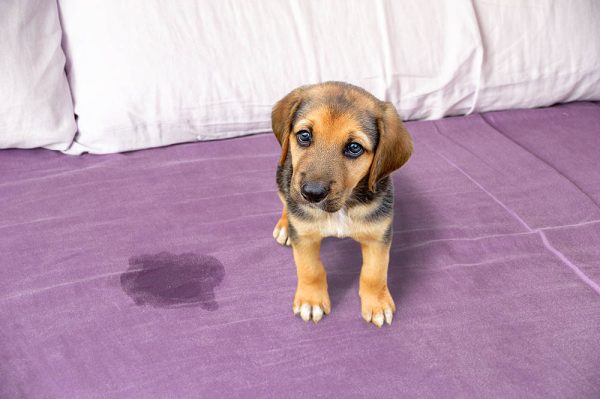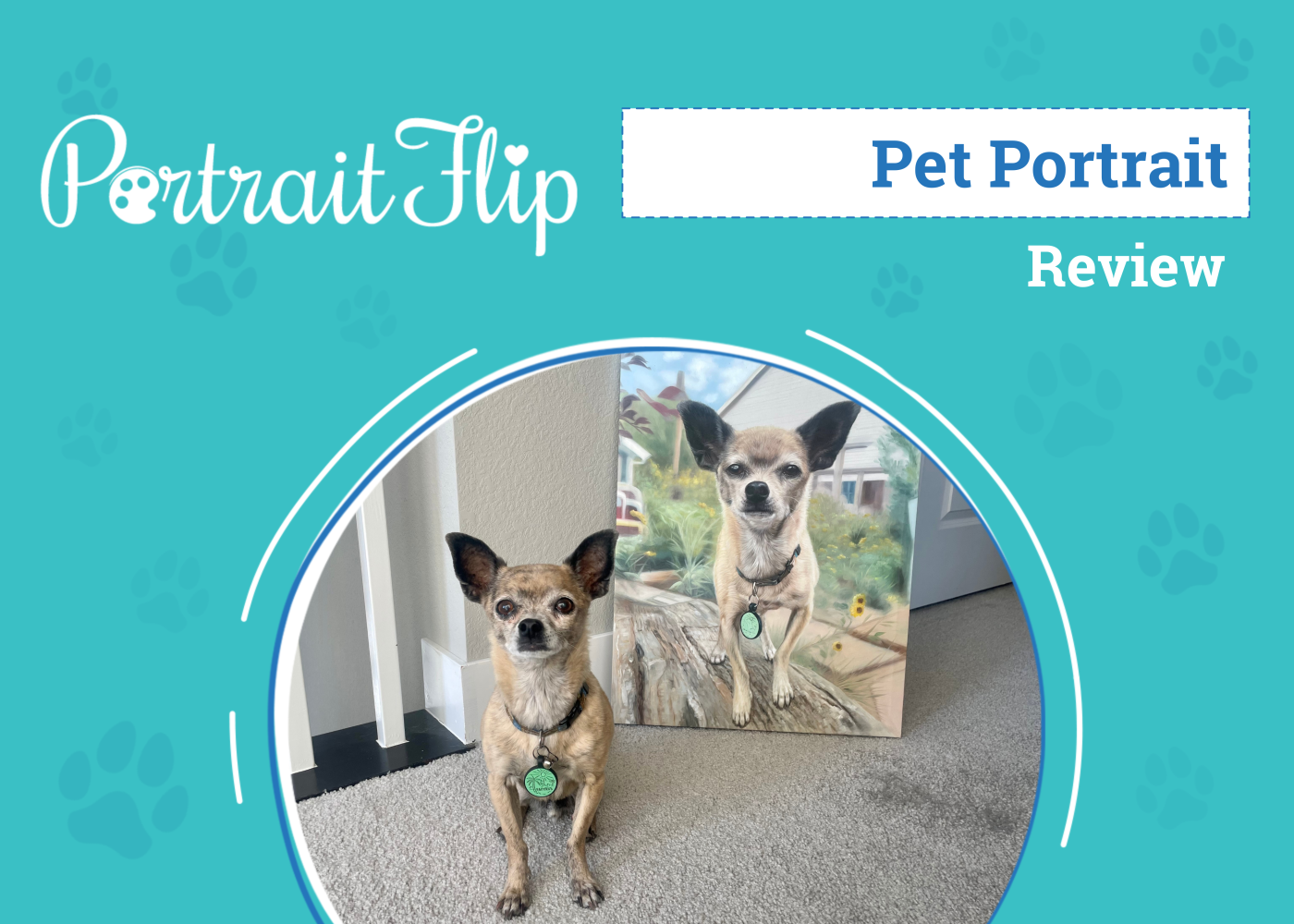It is beyond frustrating when your potty-trained dog pees in the house. It becomes even more upsetting when they start peeing on your child’s bed! Owning a pet comes with an assortment of challenges, but it can still be a surprise to learn that your dog has started peeing on the bed. For many dogs, once they urinate in one place, they are more likely to do it again in the same location.
What is the appeal of a child’s bed? Is this normal behavior for some dogs, or could it be a sign that something bigger is happening? The first step in solving the problem is determining the cause or trigger.
The 5 Potential Reasons Your Dog Pees on Your Child’s Bed
There are a few reasons that your pup has started to use your child’s bed as their toilet. It is always best to start by scheduling a trip to the vet and ruling out any medical issues before you assume it is a behavioral problem.
1. Urinary Tract Infections and Kidney Problems
A big contributor to urinary accidents with dogs is urinary tract infections. To rule this out, vets take a urine sample to perform a urinalysis. If they test positive, antibiotics are usually given to clear it up.
UTIs are often associated with kidney issues. These problems could include bladder stones, tumors, cystitis, or even kidney disease. If any of these happen to be the problem, they usually get treated with diet changes, medications, or supplements.

2. Emotions
Your pet might not feel emotions in the exact same way as humans, but they do have emotions that might make it a little hard for them to control their bladder. Excitement, fear, stress, and anxiety can all cause a dog to urinate in inappropriate places. The challenging thing about this is that every dog is different. Even small environmental changes could be stressing your pet. Start by ruling out medical issues, and then consider that they could just be showing you that something around them is causing anxiety.
3. Incontinence
Urinary incontinence causes some dogs to leak urine without control. This issue is completely involuntary and is more common in senior dogs. It usually happens while a dog is asleep, but that doesn’t mean it won’t happen while awake at times either. Both males and females can be affected, but thankfully, there are plenty of medications that can help.
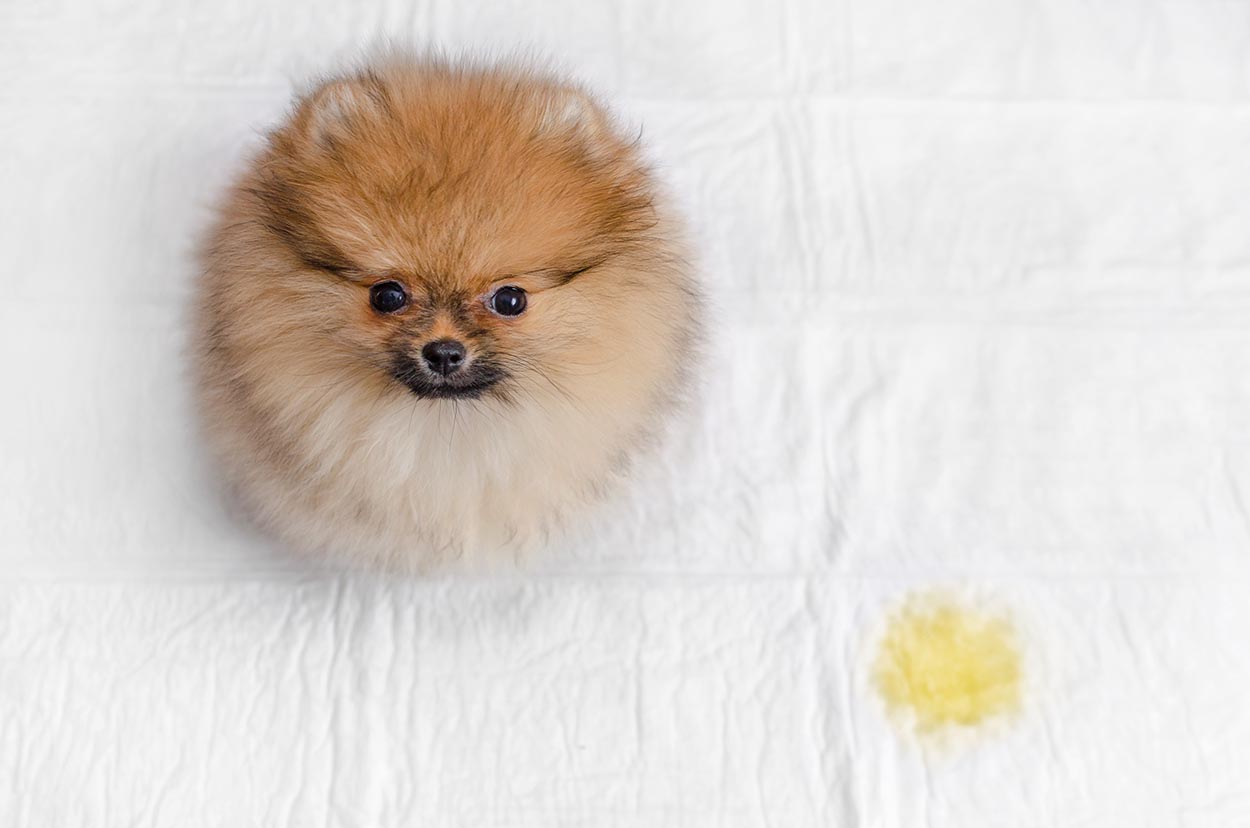
4. Territorial Marking
If your dog’s urination patterns have been specific to your child’s bed, it could be a sign that they are marking them as their territory. The action often gets repeated and becomes a major problem for you. The best way to reduce this action is with training and behavioral modification.
5. Housetraining Complications
There are times when pet owners assume that their dogs are fully trained and then act surprised when they have an accident after months of perfection. If this is the case, you need to continue with your training. You may also consider letting your dog out more frequently until you can get a general idea of how often they need to go throughout the day.
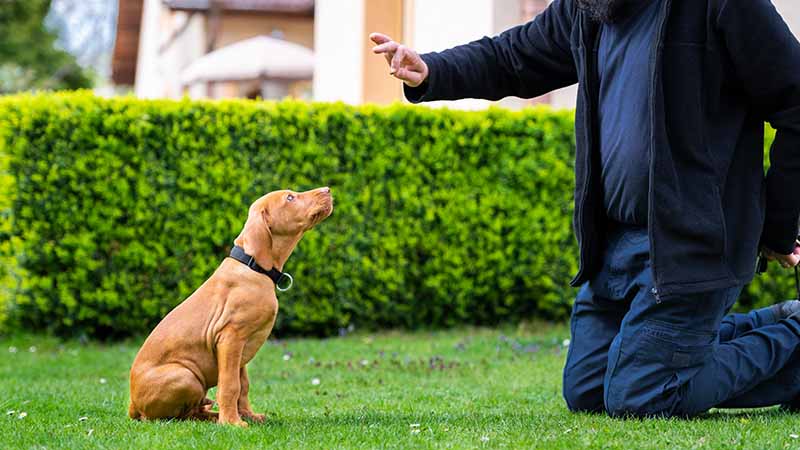
How to Stop Your Dog From Peeing on the Bed
While you can probably tolerate an accident on your floor from time to time, having to clean dog pee from your bed is extremely challenging. Not everyone has mattress protectors on their beds, so the urine can penetrate deep into the mattress. While cleaning the mattress is certainly a priority, the only way to keep your bed from getting ruined is to make the behavior stop.
1. Schedule an Appointment
The first thing you should do when you discover your dog’s new behavior is to take them to a veterinarian. This is not normal behavior for dogs. Your vet will need to perform a physical examination and will most likely collect urine samples. Other additional lab tests, like radiographs, may also be needed. When your vet rules out medical reasons, it is time for behavior modification.
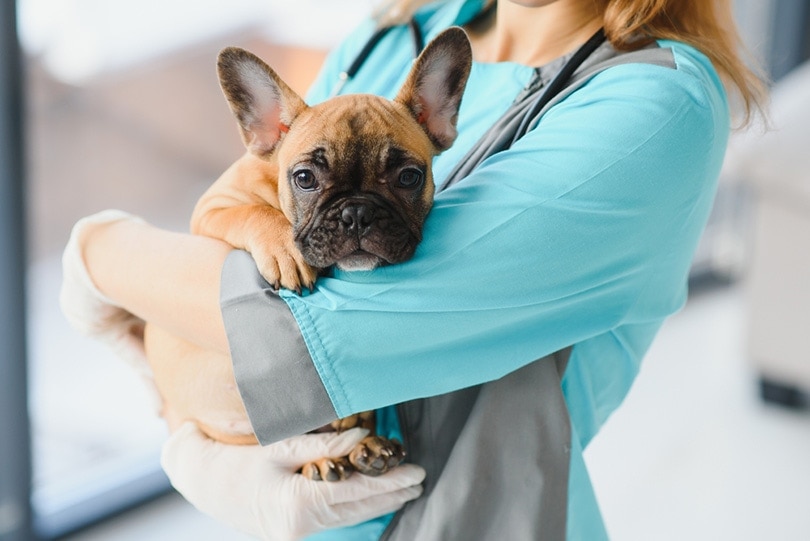
2. Assess the Environment
Take some time to think about if the environment could be playing a role in your dog’s behavior. If there have been any changes to their diet, a new family member, or even your own stress, these could all be affecting your dog in a negative way. Anxious pets aren’t able to learn new things as quickly. Do your best to reduce the stress in the house before you try to work on their training.
3. Restrict Access to the Bed
You might love to have your dog cuddle in bed with your children at night, but you need to teach them that the bed isn’t the bathroom. Keep all of the bedroom doors closed when you aren’t at home or are unable to watch them. Take them out for regular pee breaks. If they begin urinating in other places, the crate might be the best place for them when you’re not around.
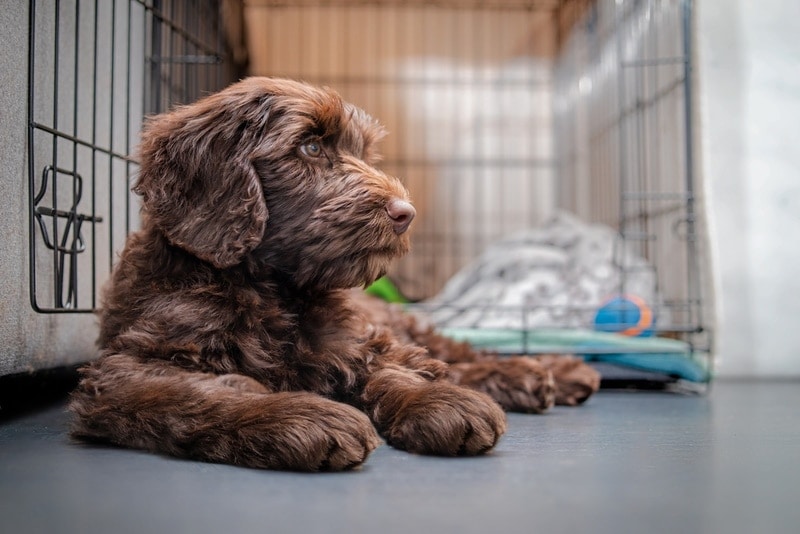
In Conclusion
One of the worst possible places for your dog to start peeing is on your child’s bed. Even though it can be frustrating, try to remember that this behavior is a way of communicating something to you or others in the house. Whether they are ill, anxious, or improperly trained, their actions are a cause for concern. It is your job as a pet owner to figure out what is going on and implement strategies to fix the problem.
See Also:
- Why Does My Puppy Pee So Much? Vet-Reviewed Reasons
- Why Does My Dog Pee When I Pet Them? Vet-Reviewed Tips, Signs & Reasons
Featured Image Credit: cunaplus, Shutterstock

